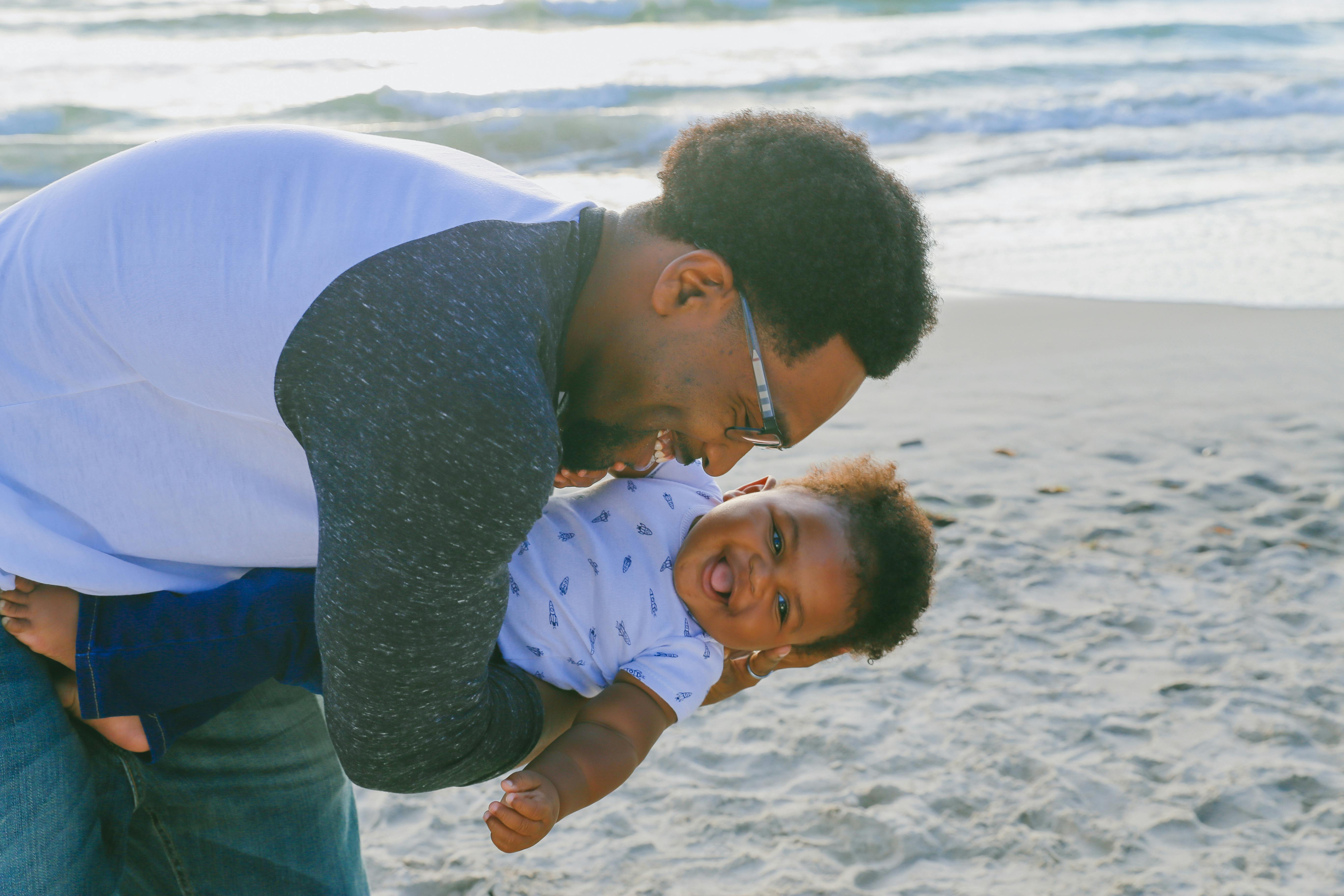Table of Contents
Experience and Training
When selecting a babysitter, it’s important to consider their level of experience and any training they may have. Older teenagers may be mature enough to handle basic babysitting duties, such as feeding and entertaining children, while younger teenagers may require more supervision and guidance. Look for babysitters who have completed a babysitting course or have experience caring for children of similar ages to your own.
On-Demand Childcare in Your Neighborhood
Book a Sitter
Responsibilities and Expectations
Clearly outline the responsibilities and expectations you have for your babysitter. This may include specific tasks such as preparing meals, assisting with homework, and following bedtime routines. Make sure your babysitter understands any household rules, such as screen time limits or specific food allergies, and is prepared to enforce them.
Emergency Procedures
In case of emergencies, it’s essential that your babysitter knows how to handle the situation. Provide them with a list of emergency contacts, including phone numbers for you, a trusted neighbor, and the nearest hospital. Make sure your babysitter knows basic first aid procedures and what to do in case of a fire or natural disaster. Consider leaving a copy of your child’s medical history and insurance information in case it is needed.

Child Discipline
Discuss with your babysitter how you handle discipline with your children and what methods are appropriate. Make sure your babysitter understands your expectations for behavior and how to handle any conflicts that may arise.
Encourage positive reinforcement and communication with your children, and make sure your babysitter knows when it’s appropriate to seek your guidance.
Communication with Parents
Maintaining open communication with your babysitter is key to a successful babysitting experience. Check in with your babysitter before leaving to go over any last-minute details and provide them with your contact information. Encourage your babysitter to text or call you with any questions or concerns, and make sure they know when and how to reach you in case of an emergency. After you return, take the time to debrief with your babysitter and discuss how things went, addressing any issues or areas for improvement. By setting clear guidelines and expectations with your babysitter, you can ensure that your children are in good hands while you’re away. Remember to regularly review and update these guidelines as needed to ensure a positive and safe babysitting experience for everyone involved.










